Personal Reflection - Immersive Community Revitalisation Research Project at Mui Wo, Lantau Island
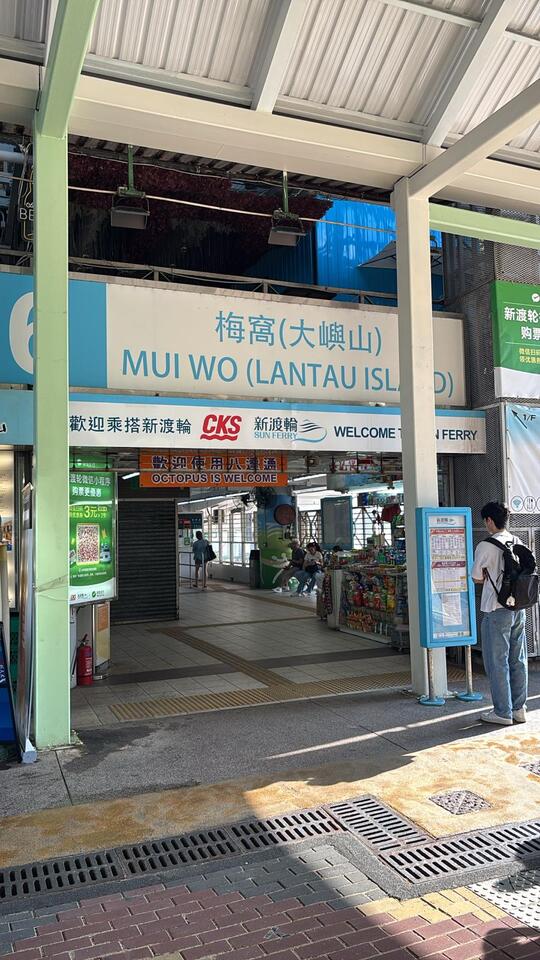
Before this project, Mui Wo represented to me an image of calm beaches, green hills, and quiet villages. Spending time there changed that view completely. Once I began speaking with families, café owners, and community organisers, the place became far more vivid and layered.
Our team’s focus on young families offered a meaningful entry point to understand community priorities. They represent a growing group in Mui Wo and express many of the tensions between traditional lifestyles and modern needs.
Our conversations revealed what daily life is like for people raising children or running small businesses. Parents often spoke about wanting more unstructured play opportunities for younger children, dependable transport, a secondary school for when their children reach adolescence and local work options that allow for both stability and family time. These discussions showed how community well-being depends on small but essential factors, like a playground, a reliable ferry, or a neighbour who can assist with school pick-ups. Residents appreciate Mui Wo’s peaceful rhythm and close relationships, but also feel constrained by limited access to services and economic opportunities due to its being a semi-rural area.
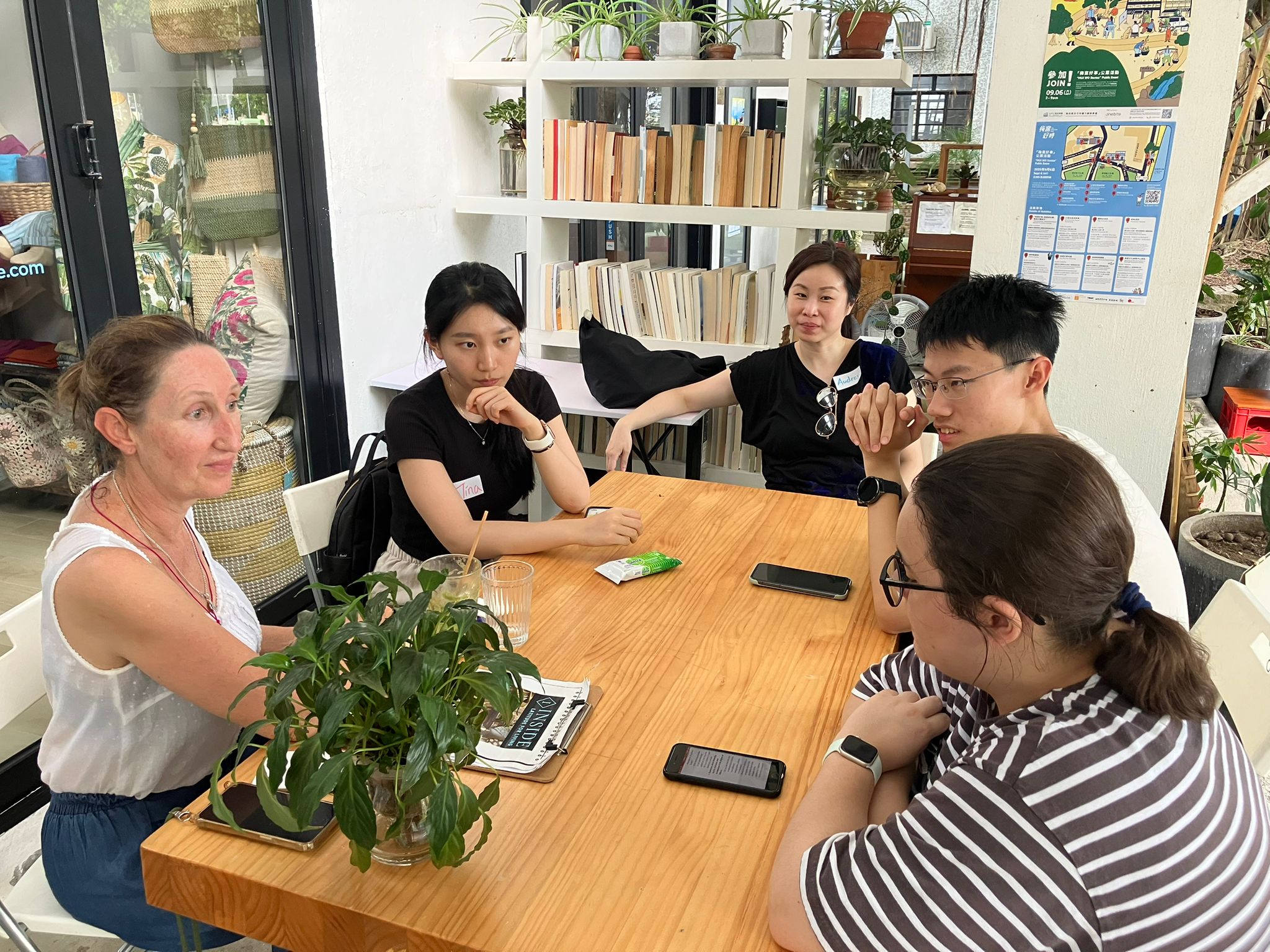
One of the strongest impressions I gained was how much informal support exists among residents. Even without large institutions, families find ways to share information and help one another through WhatsApp groups and casual networks at schools or cafés. These social ties show that cooperation often thrives in smaller, tight-knit communities. The Positive Peace pillars were a useful guide for interpreting what I observed. “Good relations with neighbours” and “sound business environment” felt particularly relevant. Parents spoke with enthusiasm about family-oriented workshops, skill-sharing programs, volunteer activities and environmentally conscious businesses that could help them remain active in Mui Wo without needing to commute daily. Observing these patterns highlighted how local leadership often grows naturally when people recognise shared needs. It also emphasised the value of strengthening existing community practices instead of replacing them with new ones that may not fit local habits. For instance, many of Mui Wo’s residents have a desire for development that supports livelihoods and protects the area’s natural charm rather than disposing of it.
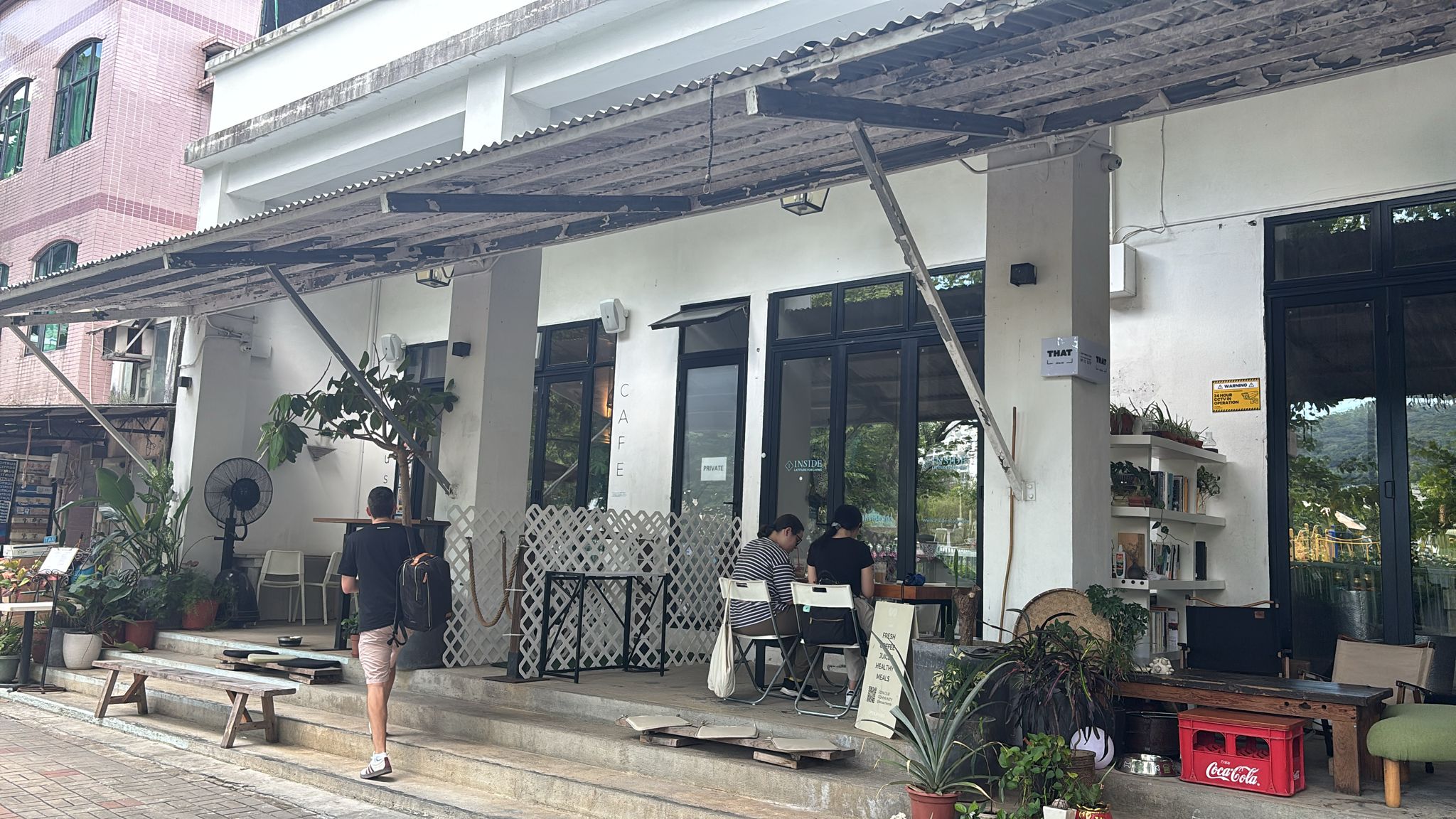
Conducting interviews in public spaces reminded me how much trust shapes community research. People were more willing to speak when they saw our group listening carefully rather than surveying. I learned that effective fieldwork depends less on asking perfect questions and more on creating an atmosphere where people feel respected and safe to express their opinions. Small actions like adjusting tone and maintaining an approachable demeanour often determined whether someone chose to share their honest views. Working within a small team also showed how collaboration strengthens the solutions we designed, as each member noticed different details and interpreted what was said differently.
What I will carry forward is the practice of listening with attention. I also gained a deeper sense of how emotions influence local participation, such as the pride of long-term residents, the hope of new parents, and the quiet determination of small business owners. Revitalising a community depends as much on these shared feelings as on infrastructure or economic measures.
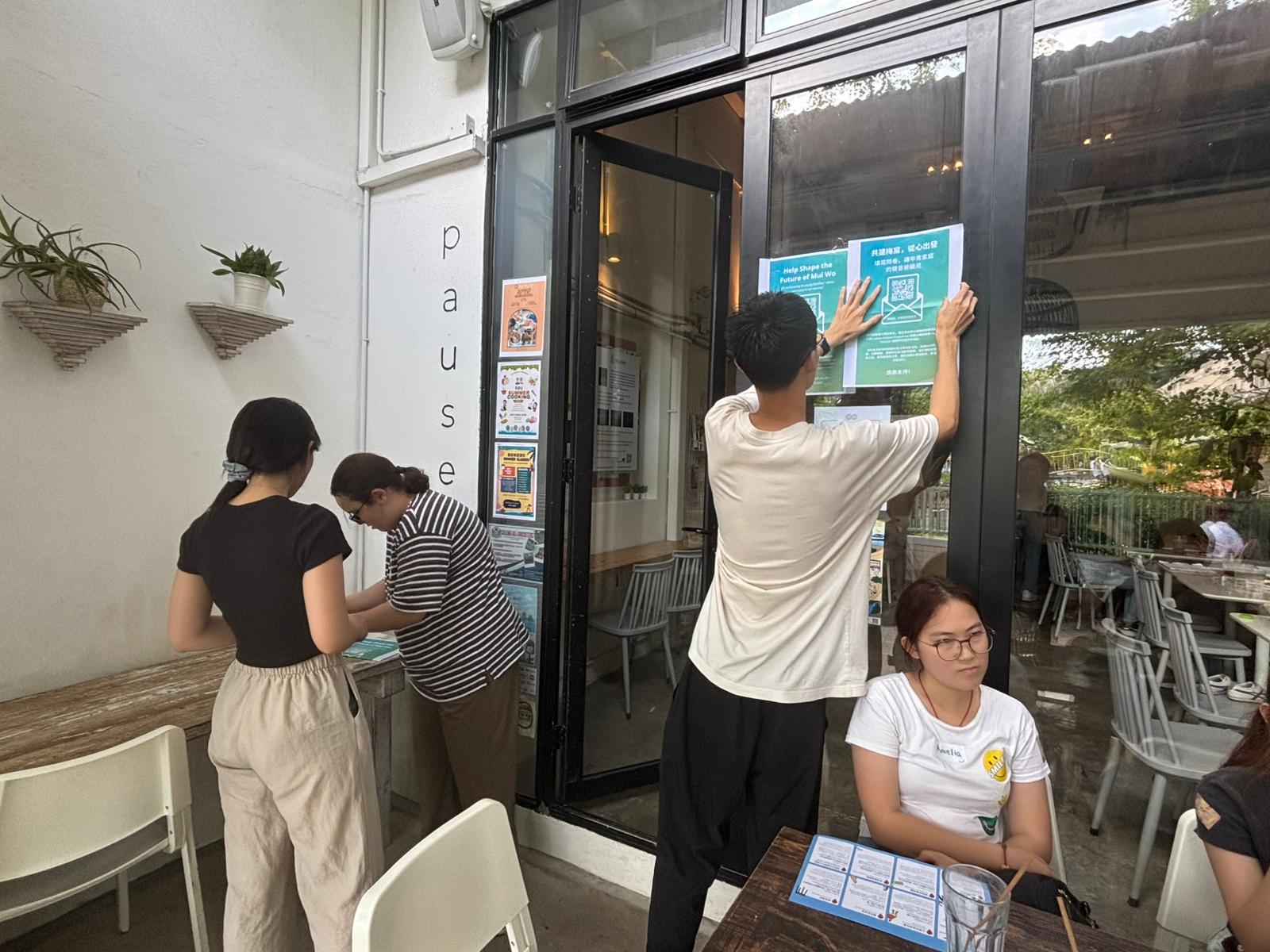
The Mui Wo project taught me to ground any research or engagement effort in authentic interaction and humility. It reminded me that people are partners in creating knowledge. This experience helped clarify that the leadership I want to bring into my future work will be guided by collaboration, empathy, and integrity. As I prepare for my future Leadership in Action project, I will carry the lessons learned in Mui Wo as guiding principles. I will strive to ensure that every recommendation or initiative delivers genuine value to the individuals who share their time, ideas, and trust.
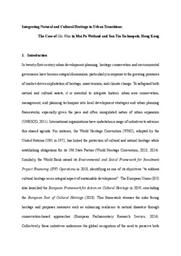
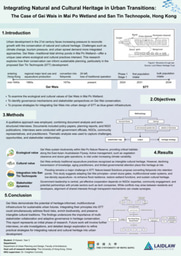

Please sign in
If you are a registered user on Laidlaw Scholars Network, please sign in